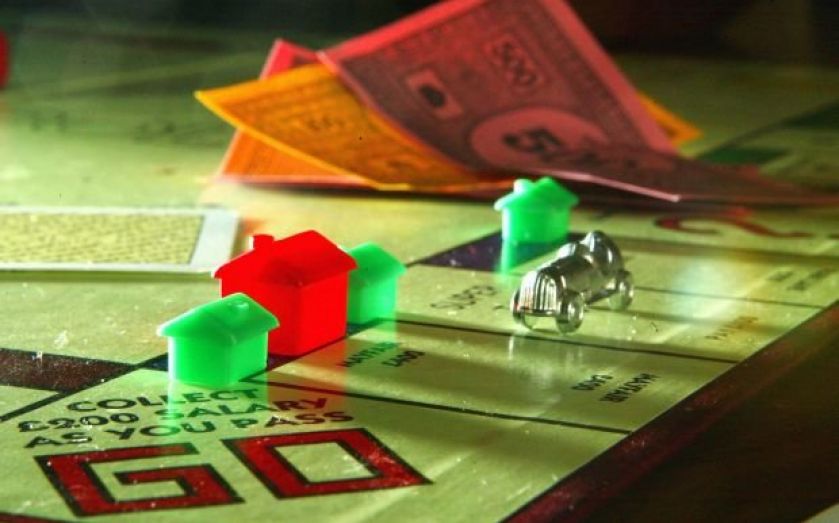UK rental prices: Is it time to stop buying?

House prices have been on a surge in the last 12 months and despite a recent slowing of the market many first time buyers are finding themselves priced out of the market.
The ONS released figures on rental prices this week that make for interesting reading and imply that an answer to high house prices could be to start renting.
The Brits aren't famous for being a nation of renters. We prefer to buy houses, with data from Eurostat showing that 66.7 per cent of us own homes.
This isn't as high as other countries in the EU, but UKhouses cost quite a lot when compared to GDP per capita: at £172,011 the average house is priced at around 7.4 times the UK's GDP per capita of £23,166 (the average wage in the UK is a bit higher at around £26,500).
This ratio is high when we consider that in the US the average property is just 2.4 times GDP per capita.
Government debt in the UK is around 90 per cent of GDP, but the amount an individual would have to borrow to buy a house (assuming they have saved 20 per cent of the price as a deposit) would mean that the average person would owe 519.2 per cent of the average wage (not GDP per capita) in mortgage repayments.
Rental prices are rising slower than inflation
This is important because real wages aren't growing that quickly and house price inflation is far faster than CPI inflation anyway.
Rental prices have only been rising by one per cent nationally (compared to 6.4 per cent for sales), which is much more manageable for people whose real wages have been stagnant since the crisis.
The data in the above chart only shows private rental costs, but when we include social rental costs we can see that private renting is often more stable because prices aren't pegged to inflation, as social housing rents often are. This means the landlords often take a hit, but its better for the person renting.
Which regions are good for renting
There are regional differences between the rates at which rental prices (and sales prices) have increased. London has sen the largest increase in both sales price and rental price, but the differences in the increases are startling. The average selling price for a London property increased by 16.4 per cent in the last 12 months, compared to 1.4 per cent average rise in rent. All regions followed this trend.
Of course buying a property can also be a sound investment; as recent rises have shown house prices will always rise in the long term, and usually faster than inflation. If the increases continue to outstrip inflation and real wage increases by such a great extent we could see more first time buyers pushed in to the arms of landlords.
[cam_houseprices]